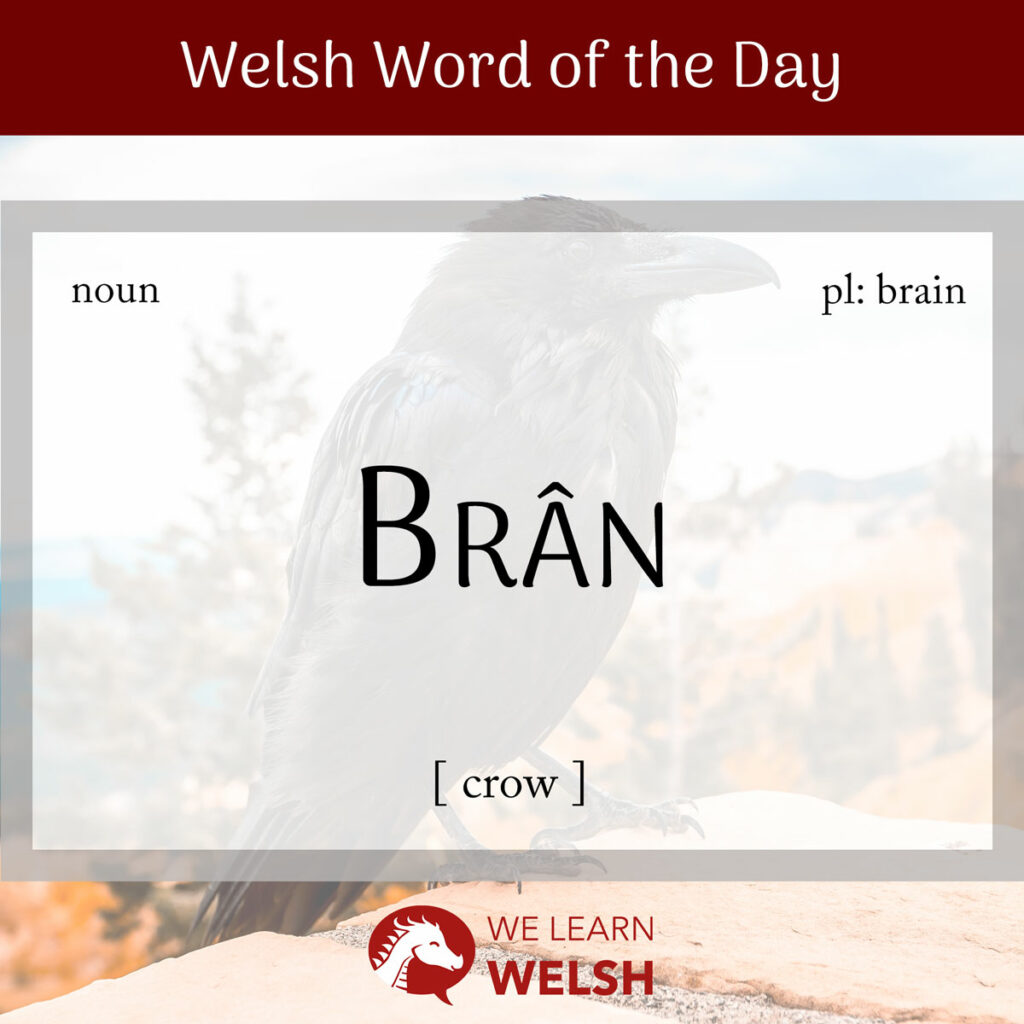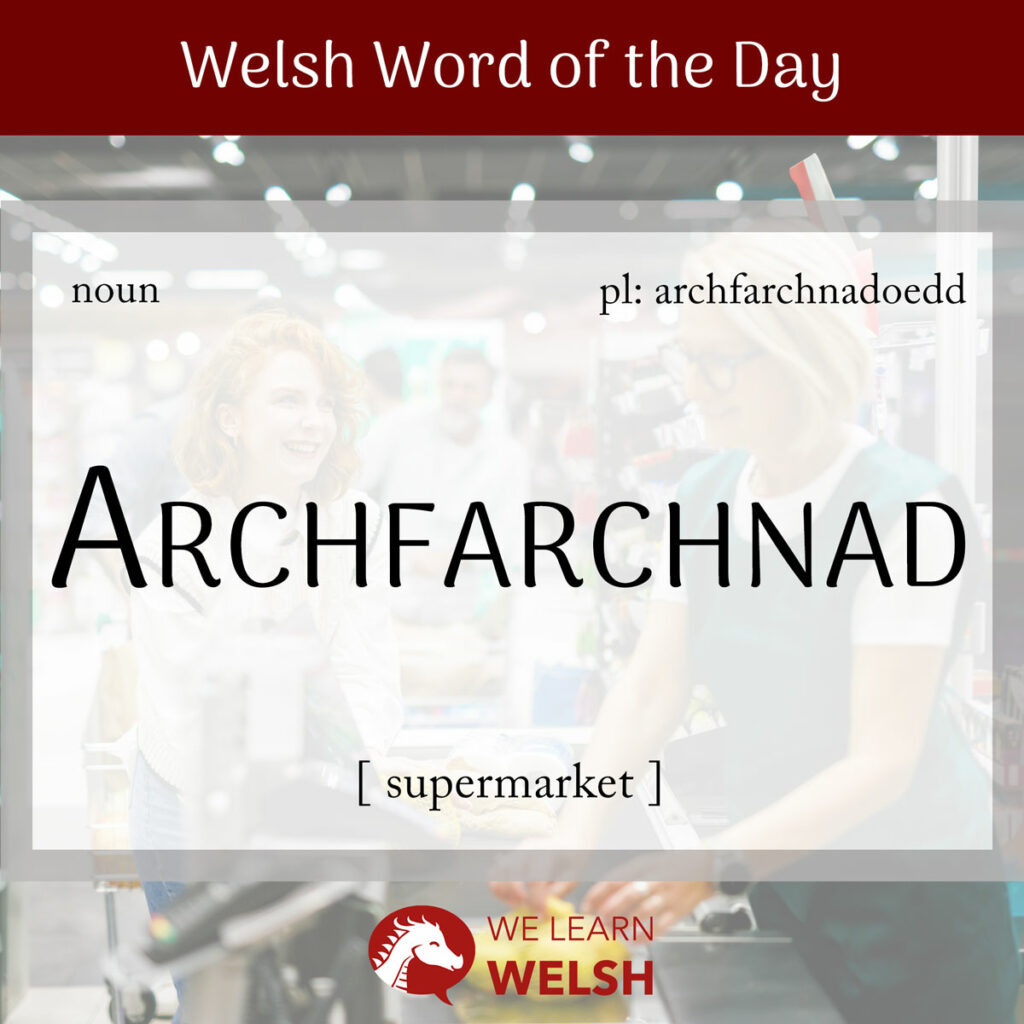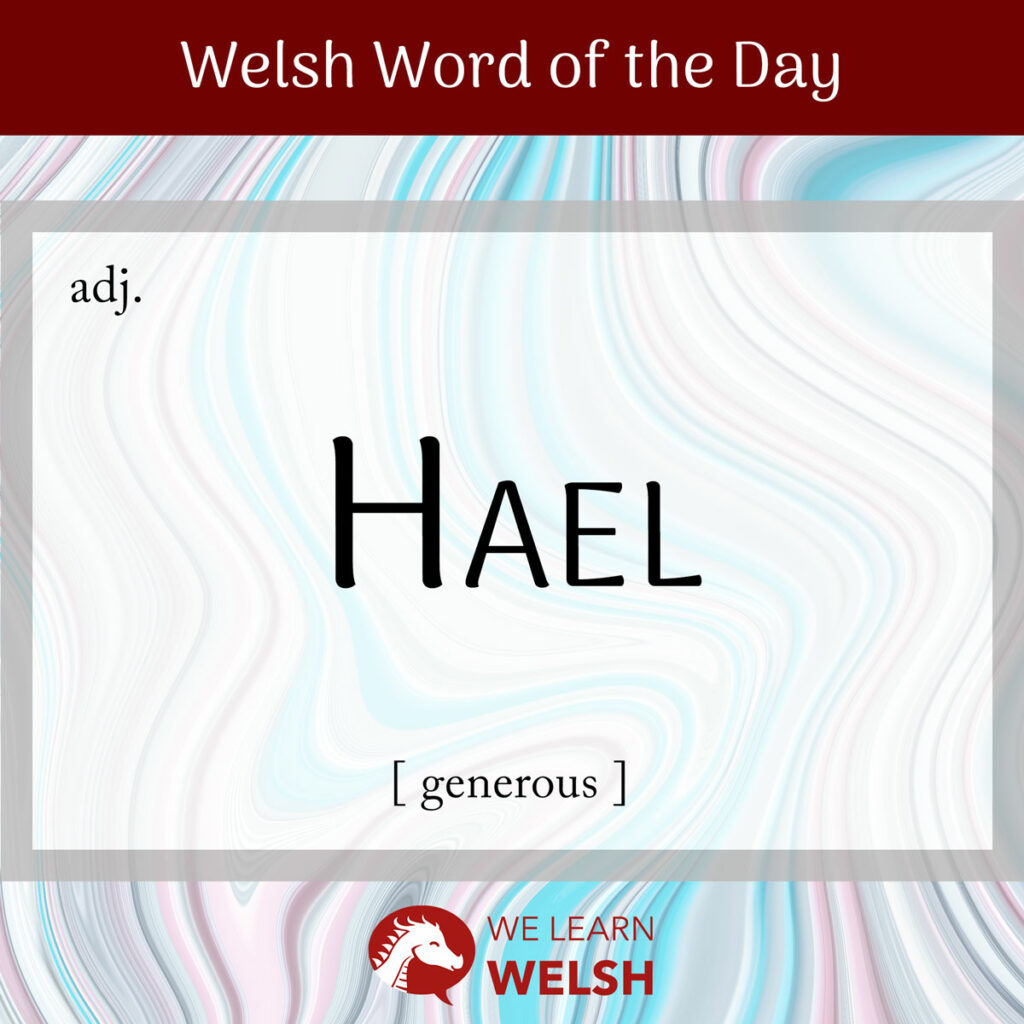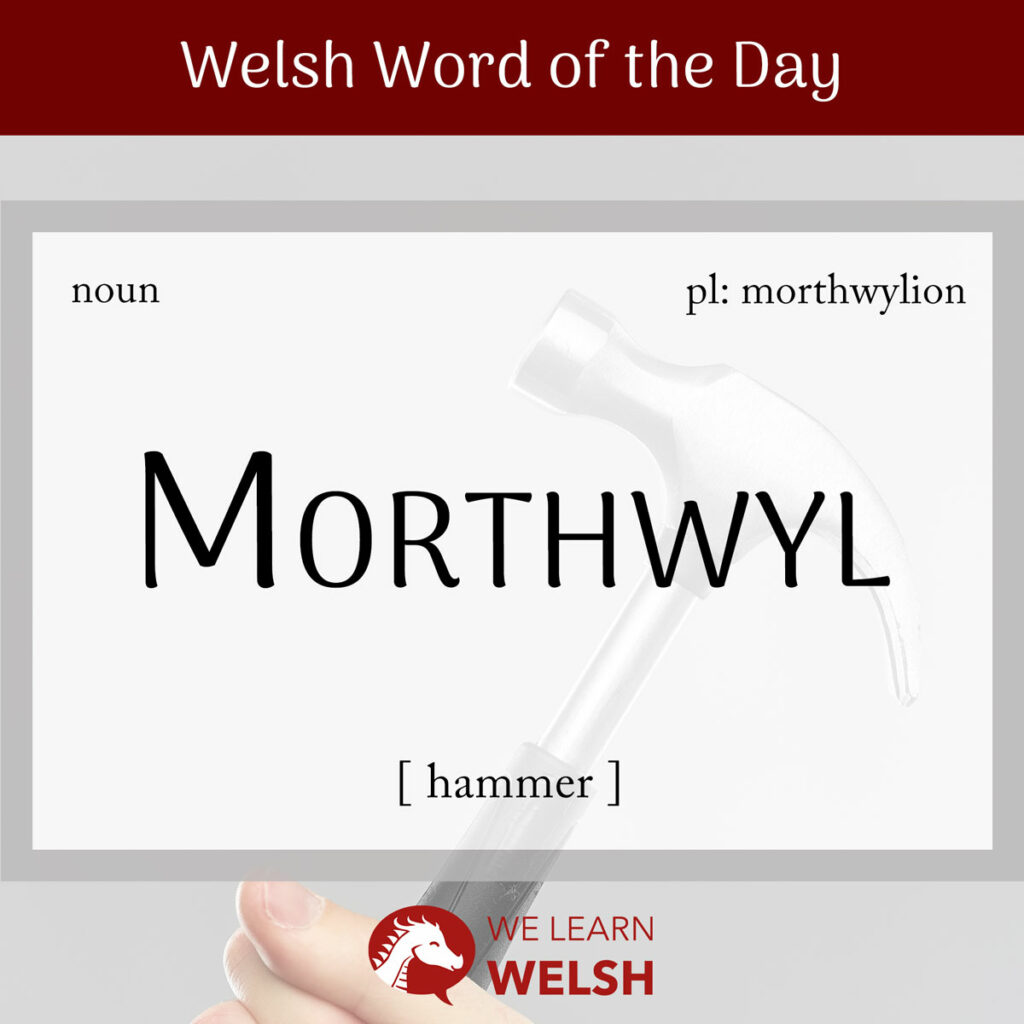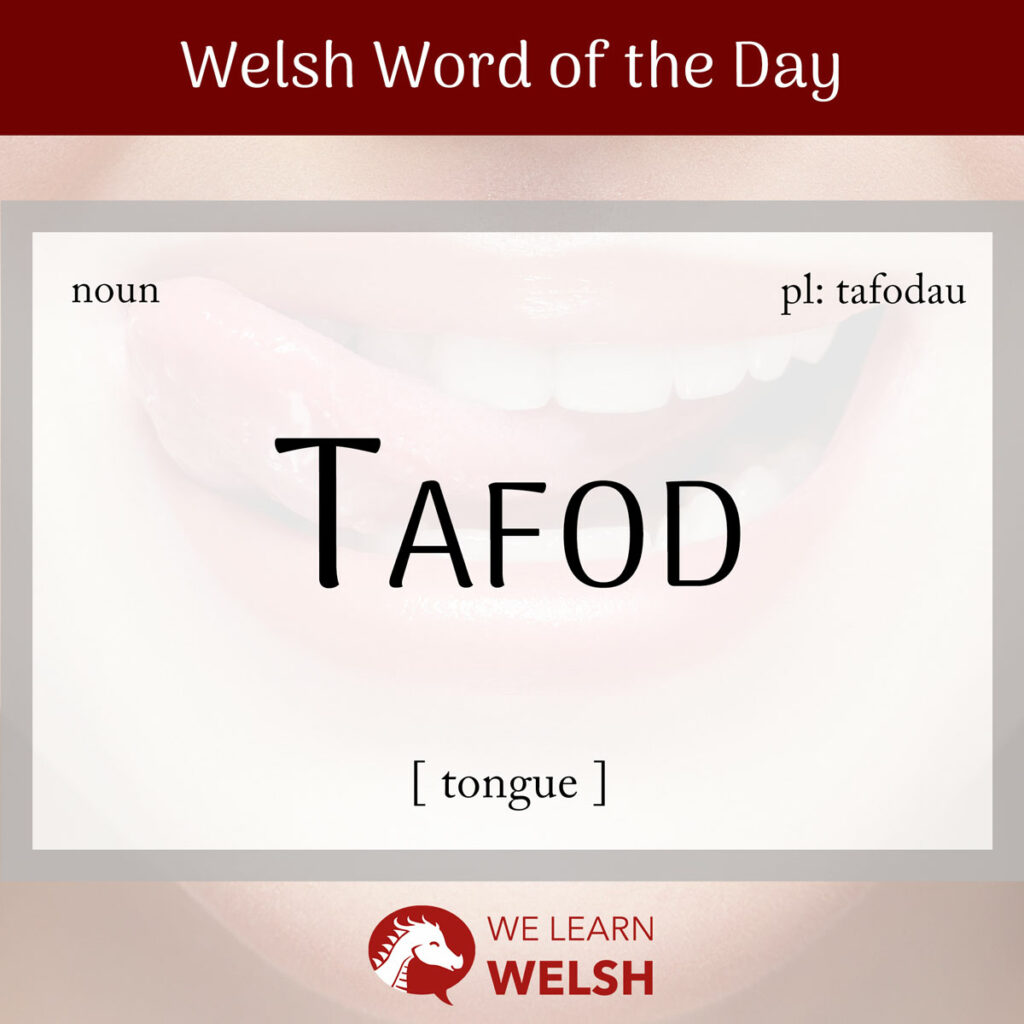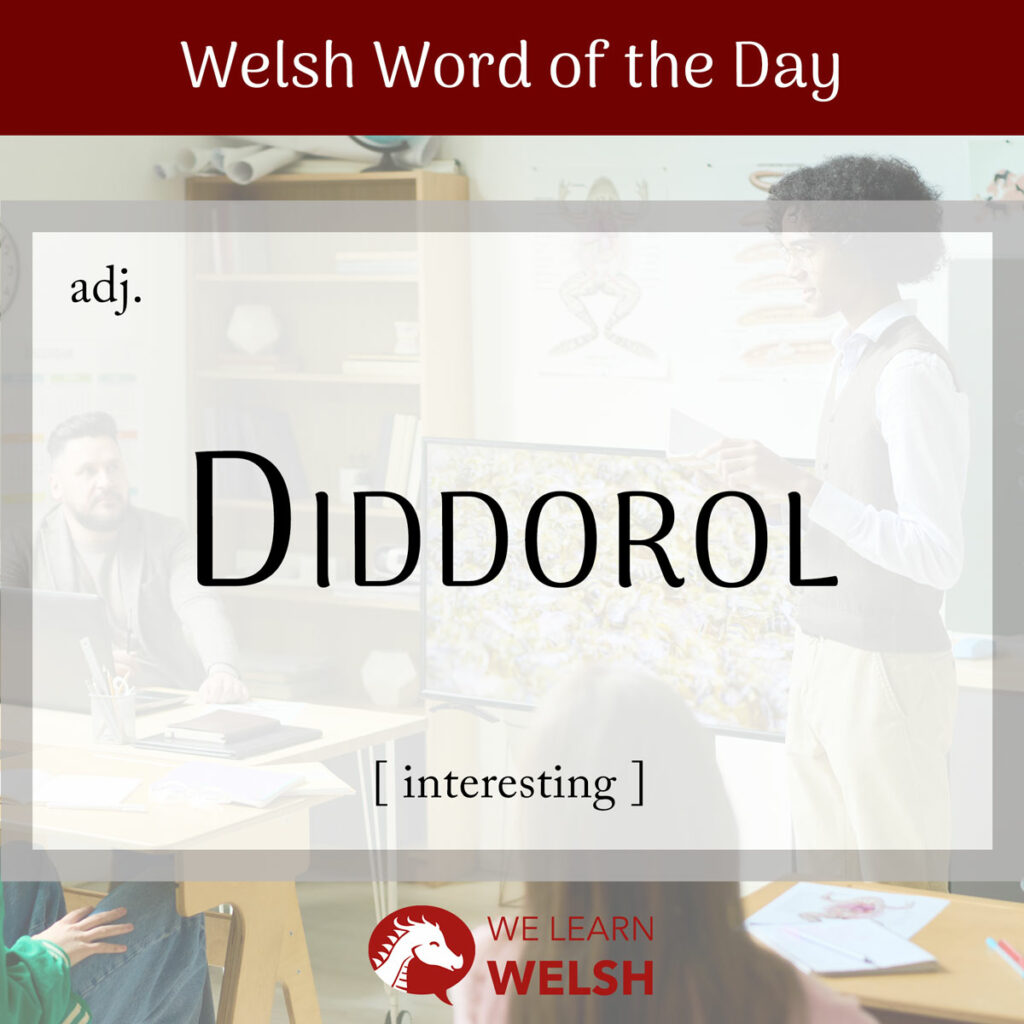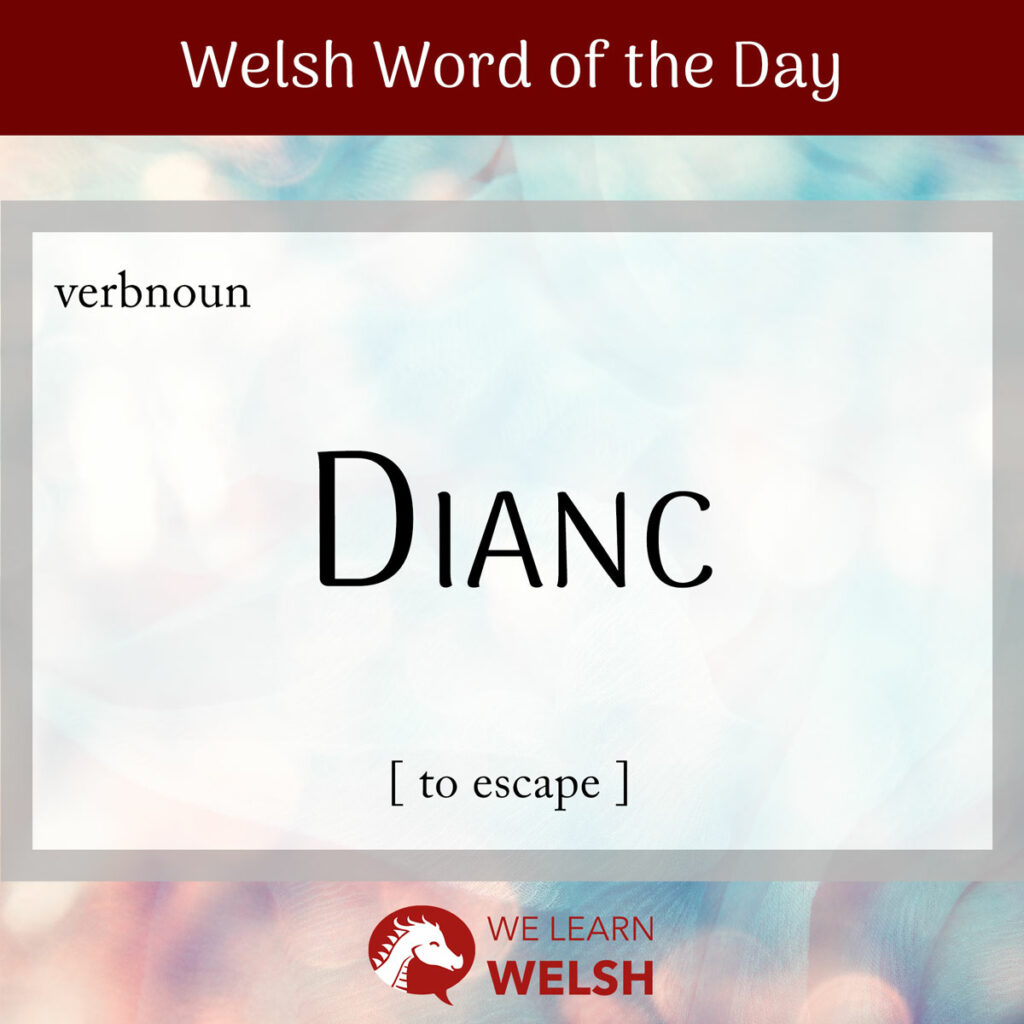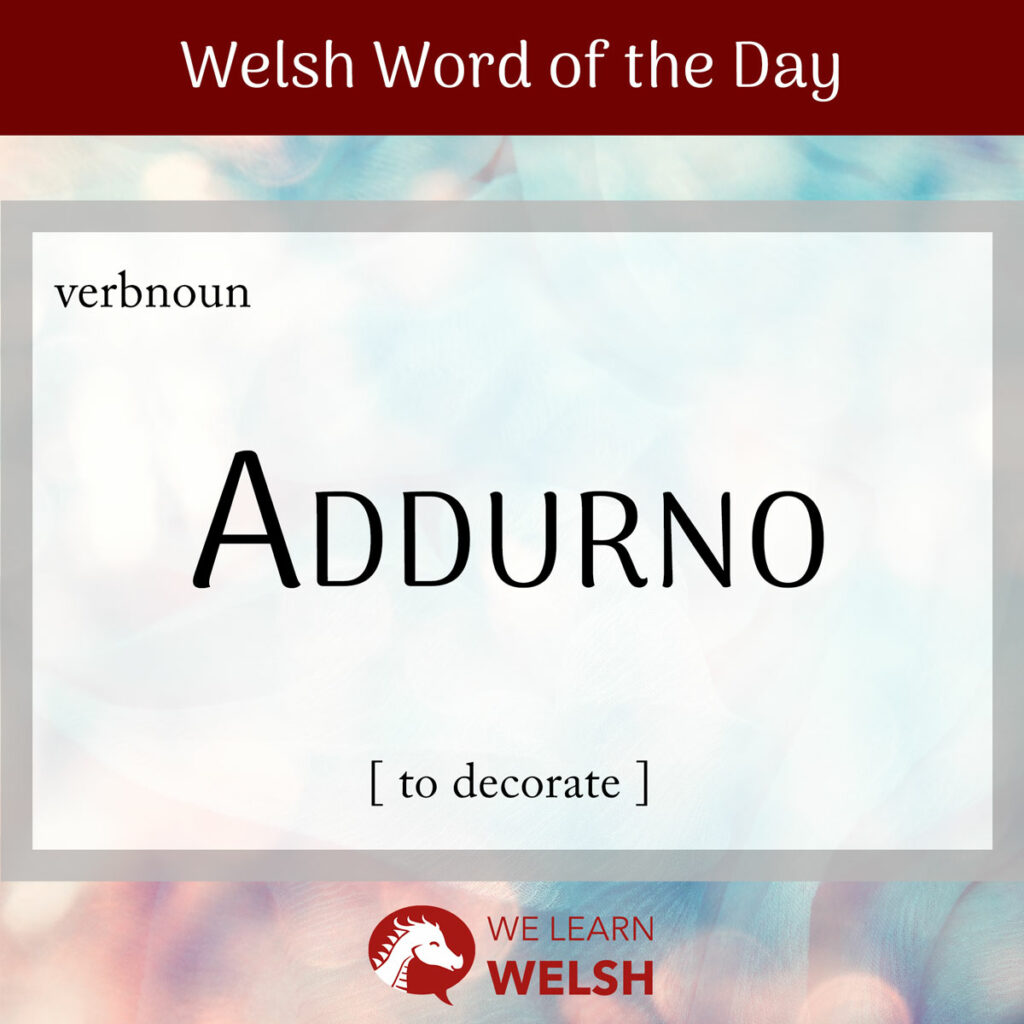Welsh Word of the Day: Brân (crow)
One of the trickiest things you have to keep watching out for as a language learner is false friends – words that look the same as a word in your native language or another language you speak, but mean something completely different. One example of this phenomenon between Welsh and English is brain, which in …

